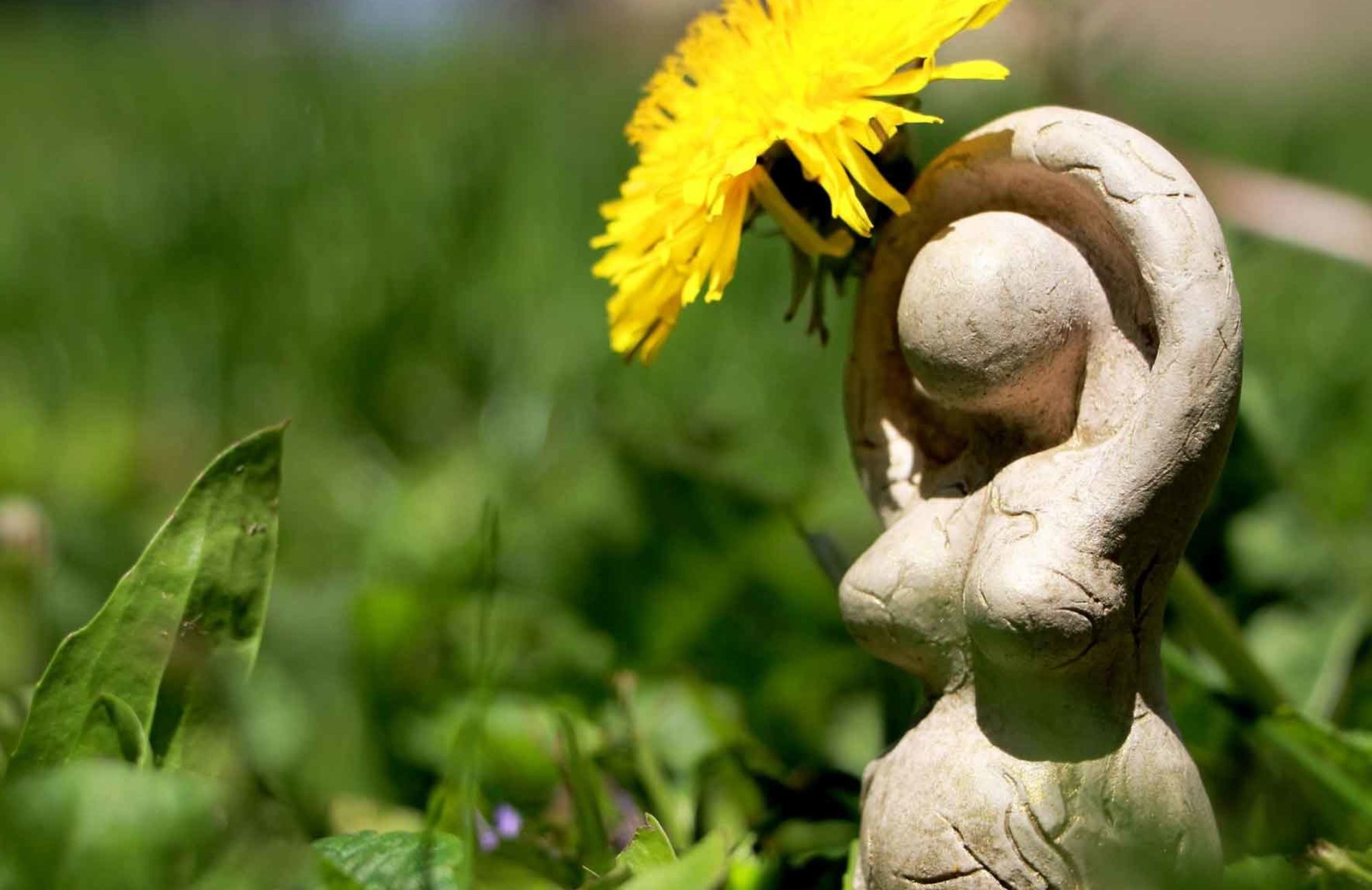ASWM Conference May 5-6, Syracuse NY
Registration Links and Conference information here

Panel 8: Reclaiming Water Goddess Wisdom
4:14 – 5:45 PM Friday May 5 (schedule subject to change)
- Tahlia Fischer, “The Sirens Re-Sung”
- Gülçin Önel, “The Ocean in One Drop – A Journey of Remembrance”
- Susan Wright, “The Erasure of the Mediterranean Water Goddess and the Rise of Western Misogynist World-View”
PRESENTERS
Tahlia Fischer: A rhetorician by training, my research in the academy focused on American Christian Nationalism. Published by Pro-Quest in 2014, (Re)membering A Christian Nation: Christian Nationalism, Biblical Literalism, and the Politics of Public Memory, enjoys international attention as a downloadable resource for scholars. I taught in the Women’s and Gender Studies Program at Ithaca College and the Communication and Rhetorical Studies departments at University of Iowa and Syracuse University. (Tahlia is also the founder of All Seated in a Barn, a horse and donkey rescue organization.)

Gülçin Önel continues her Goddess journey that began after a call many years ago, and reminds many women and men what she herself remembers inside. Believing that most of our incompatibilities, unhappiness and separations are caused by forgetting our true nature. Gülçin Önel therefore prefers to call her work a Journey of Remembrance rather than an education or a teaching. She is also working on Archetypal Psychology and completed a Master’s Study in Psychology on “The Use of Mythology in Therapies”. She is the author of Lilith’s Light-11, Rain of Light Oracle Card Decks and Mayan Astrology.

Susan M. Wright, MA is a native of Syracuse where she raised two daughters. She is currently a PhD Student in Jungian & Archetypal Studies at Pacifica Graduate Institute in California. She earned an MA in Theology from Bexley Episcopal Seminary. Her current research includes feminist applications of Jungian depth psychology.






You must be logged in to post a comment.